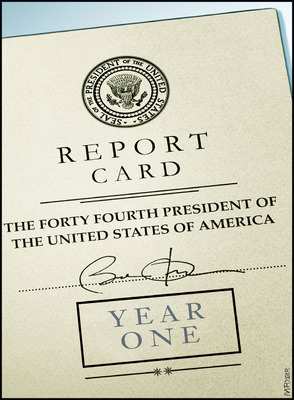- MENU
- HOME
- SEARCH
- WORLD
- MAIN
- AFRICA
- ASIA
- BALKANS
- EUROPE
- LATIN AMERICA
- MIDDLE EAST
- United Kingdom
- United States
- Argentina
- Australia
- Austria
- Benelux
- Brazil
- Canada
- China
- France
- Germany
- Greece
- Hungary
- India
- Indonesia
- Ireland
- Israel
- Italy
- Japan
- Korea
- Mexico
- New Zealand
- Pakistan
- Philippines
- Poland
- Russia
- South Africa
- Spain
- Taiwan
- Turkey
- USA
- BUSINESS
- WEALTH
- STOCKS
- TECH
- HEALTH
- LIFESTYLE
- ENTERTAINMENT
- SPORTS
- RSS
- iHaveNet.com: Politics
Peter Roff

In September of 1970, Vice President Spiro Agnew lashed out against the national news media in a now famous speech to the California GOP state convention. The "nattering nabobs of negativism" covering the Nixon White House, Agnew said, were "hopeless, hysterical hypochondriacs of history." The speech won him few friends in the national press corps.
Agnew's comments were more than just a symptom of the well-documented--and some would say well-founded--paranoia that gripped the Nixon White House. They were an attempt to rally the Republican base into disbelieving what the national media said about the administration and its policies. Arguably, it helped. Nixon did, after all, carry 49 states in 1972. Now the Obama White House has ripped a page from Nixon's playbook and is labeling
As Agnew's attacks on the national press corps moved the
Obama's two main legislative priorities, the cap-and-trade energy tax bill and healthcare reform, face rough sledding on
This is part of the new political reality that politicians and the media have to learn to deal with. Advances in technology have made it possible to send more information to more people in less time than even the most anti-Nixon producer at
The news side of Fox, very likely having been tougher on Obama than its broadcast and cable competitors, has made itself a target for
The "Ziegler approach" is a risky tactic. It will fall apart if Fox starts reporting news that the other networks will be forced to cover, just as the investigations into Watergate began to snowball once Bob Woodward and Carl Bernstein started breaking stories that were so significant no other news organization could ignore them.
There are those who suggest the
Receive our political analysis by email by subscribing here
AMERICAN POLITICS
WORLD | AFRICA | ASIA | EUROPE | LATIN AMERICA | MIDDLE EAST | UNITED STATES | ECONOMICS | EDUCATION | ENVIRONMENT | FOREIGN POLICY | POLITICS
© Tribune Media Services